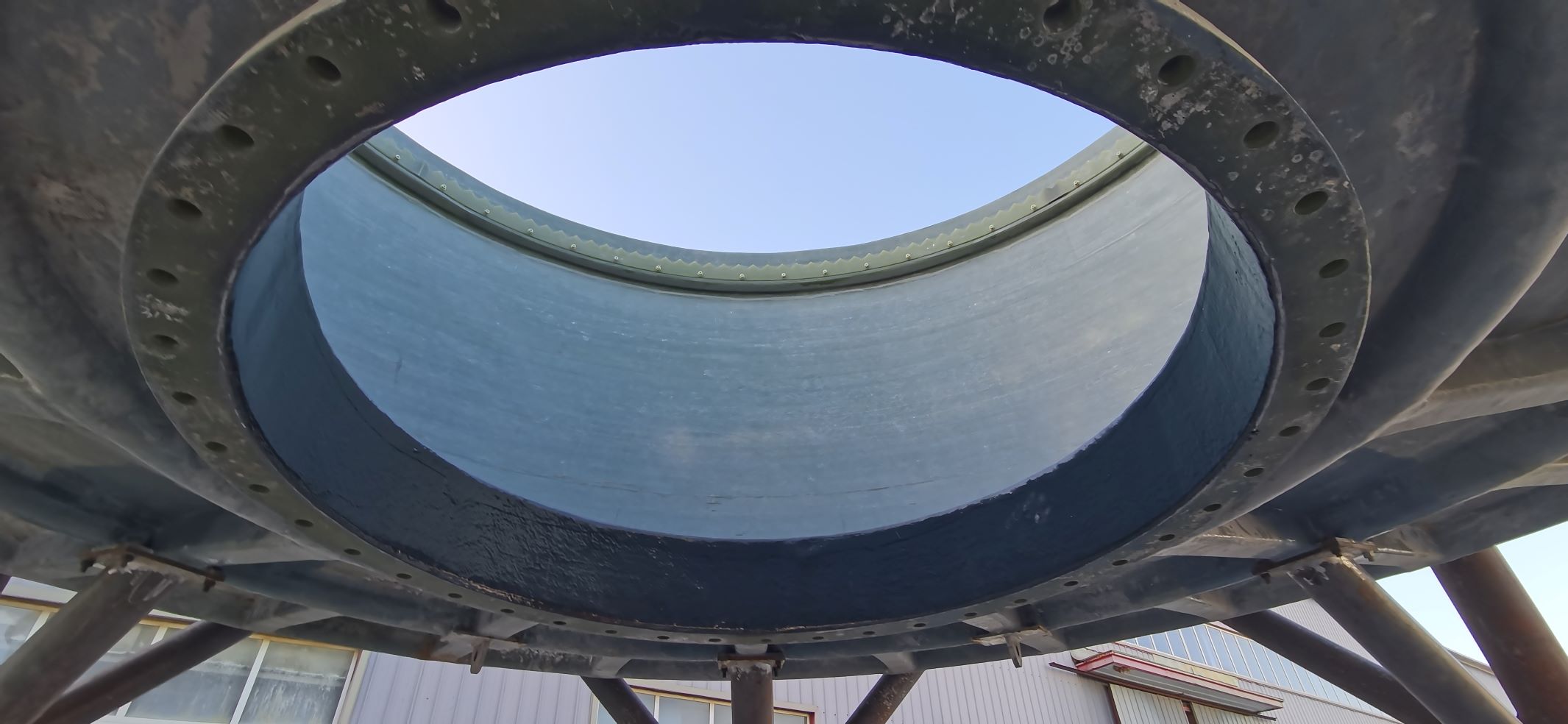
-
 Afrikaans
Afrikaans -
 Albanian
Albanian -
 Amharic
Amharic -
 Arabic
Arabic -
 Armenian
Armenian -
 Azerbaijani
Azerbaijani -
 Basque
Basque -
 Belarusian
Belarusian -
 Bengali
Bengali -
 Bosnian
Bosnian -
 Bulgarian
Bulgarian -
 Catalan
Catalan -
 Cebuano
Cebuano -
 China
China -
 China (Taiwan)
China (Taiwan) -
 Corsican
Corsican -
 Croatian
Croatian -
 Czech
Czech -
 Danish
Danish -
 Dutch
Dutch -
 English
English -
 Esperanto
Esperanto -
 Estonian
Estonian -
 Finnish
Finnish -
 French
French -
 Frisian
Frisian -
 Galician
Galician -
 Georgian
Georgian -
 German
German -
 Greek
Greek -
 Gujarati
Gujarati -
 Haitian Creole
Haitian Creole -
 hausa
hausa -
 hawaiian
hawaiian -
 Hebrew
Hebrew -
 Hindi
Hindi -
 Miao
Miao -
 Hungarian
Hungarian -
 Icelandic
Icelandic -
 igbo
igbo -
 Indonesian
Indonesian -
 irish
irish -
 Italian
Italian -
 Japanese
Japanese -
 Javanese
Javanese -
 Kannada
Kannada -
 kazakh
kazakh -
 Khmer
Khmer -
 Rwandese
Rwandese -
 Korean
Korean -
 Kurdish
Kurdish -
 Kyrgyz
Kyrgyz -
 Lao
Lao -
 Latin
Latin -
 Latvian
Latvian -
 Lithuanian
Lithuanian -
 Luxembourgish
Luxembourgish -
 Macedonian
Macedonian -
 Malgashi
Malgashi -
 Malay
Malay -
 Malayalam
Malayalam -
 Maltese
Maltese -
 Maori
Maori -
 Marathi
Marathi -
 Mongolian
Mongolian -
 Myanmar
Myanmar -
 Nepali
Nepali -
 Norwegian
Norwegian -
 Norwegian
Norwegian -
 Occitan
Occitan -
 Pashto
Pashto -
 Persian
Persian -
 Polish
Polish -
 Portuguese
Portuguese -
 Punjabi
Punjabi -
 Romanian
Romanian -
 Russian
Russian -
 Samoan
Samoan -
 Scottish Gaelic
Scottish Gaelic -
 Serbian
Serbian -
 Sesotho
Sesotho -
 Shona
Shona -
 Sindhi
Sindhi -
 Sinhala
Sinhala -
 Slovak
Slovak -
 Slovenian
Slovenian -
 Somali
Somali -
 Spanish
Spanish -
 Sundanese
Sundanese -
 Swahili
Swahili -
 Swedish
Swedish -
 Tagalog
Tagalog -
 Tajik
Tajik -
 Tamil
Tamil -
 Tatar
Tatar -
 Telugu
Telugu -
 Thai
Thai -
 Turkish
Turkish -
 Turkmen
Turkmen -
 Ukrainian
Ukrainian -
 Urdu
Urdu -
 Uighur
Uighur -
 Uzbek
Uzbek -
 Vietnamese
Vietnamese -
 Welsh
Welsh -
 Bantu
Bantu -
 Yiddish
Yiddish -
 Yoruba
Yoruba -
 Zulu
Zulu
fiberglass launder
The Advantages of Fiberglass Launders in Modern Applications
In the world of industrial processes and construction, the choice of materials can significantly affect the efficiency, durability, and cost-effectiveness of operations. One material that has gained popularity for its versatile applications is fiberglass, especially in the form of fiberglass launders. These structures, primarily used for transporting and distributing liquids in various industries, offer unique benefits that set them apart from traditional materials.
Understanding Fiberglass Launders
Fiberglass launders are channels made from composite materials, specifically fiberglass-reinforced plastic (FRP). This material is known for its strength-to-weight ratio, corrosion resistance, and ease of fabrication, making fiberglass launders an optimal choice for many applications, including water treatment plants, mining operations, and chemical processing facilities.
Corrosion Resistance
One of the standout features of fiberglass is its inherent resistance to corrosion. Unlike metal or concrete, which can degrade over time when exposed to aggressive chemicals or environmental conditions, fiberglass launders withstand a wide range of corrosive substances. This property is particularly crucial in industries where harsh chemicals or saline solutions are common, as it extends the lifespan of the equipment, reduces maintenance costs, and ensures consistent performance over time.
Lightweight and Durable
Fiberglass launders are significantly lighter than their concrete or steel counterparts. This reduced weight not only facilitates easier transportation and installation but also lessens the load on structural supports. The durability of fiberglass, combined with its lightweight nature, allows for the creation of longer runs and customized shapes without compromising strength. This flexibility is a considerable advantage in varied industrial layouts where space and configuration can be challenging.
Customization and Versatility
fiberglass launder

Another compelling advantage of fiberglass launders is their customizability. Manufacturers can mold fiberglass into specific shapes and sizes tailored to the client's needs, making it suitable for both large-scale operations and smaller, specialized tasks. Whether it's a trough for collecting runoff in a mining site or a launder for distributing treatment chemicals in a wastewater facility, fiberglass launders can be designed to meet precise specifications. This versatility extends to color and finish, allowing for integration into existing infrastructure while providing aesthetic appeal.
Installation and Maintenance
The installation process for fiberglass launders is generally quicker and more straightforward compared to traditional materials. Fewer heavy machinery and less labor are required, which can significantly reduce installation costs and downtime. Furthermore, the smooth surface of fiberglass reduces friction, promoting better flow and reducing the risk of blockages or buildup that can occur with rougher surfaces.
Maintenance is another area where fiberglass launders excel. Their corrosion-resistant properties mean that they require less frequent replacement and upkeep. Regular cleaning is often sufficient to keep fiberglass launders functioning optimally, lowering long-term operational costs compared to traditional materials that may require extensive repairs or replacements due to wear and tear.
Environmental Impact
As industries increasingly prioritize sustainability, the eco-friendliness of fiberglass launders also deserves mention. Fiberglass is a recyclable material, and its durability helps reduce the need for frequent replacements, minimizing waste. Furthermore, their lightweight nature contributes to lower energy consumption during transportation, aligning with contemporary efforts to reduce carbon footprints across industrial operations.
Conclusion
In conclusion, fiberglass launders represent a modern solution to the challenges faced in various industries. With their corrosion resistance, lightweight properties, customizable designs, and minimal maintenance requirements, they offer significant advantages over traditional materials. As industries continue to evolve and seek more efficient, sustainable solutions, fiberglass launders are set to play an increasingly vital role in operations worldwide. Their ability to provide reliable, long-lasting performance makes them a crucial component in modern material handling and liquid distribution systems. Embracing this innovation leads to enhanced efficiency and progress in industrial practices, shaping a better future for production and environmental stewardship.









